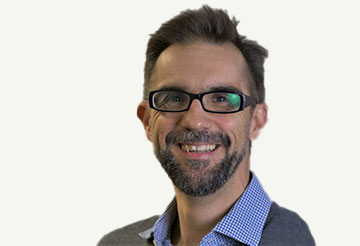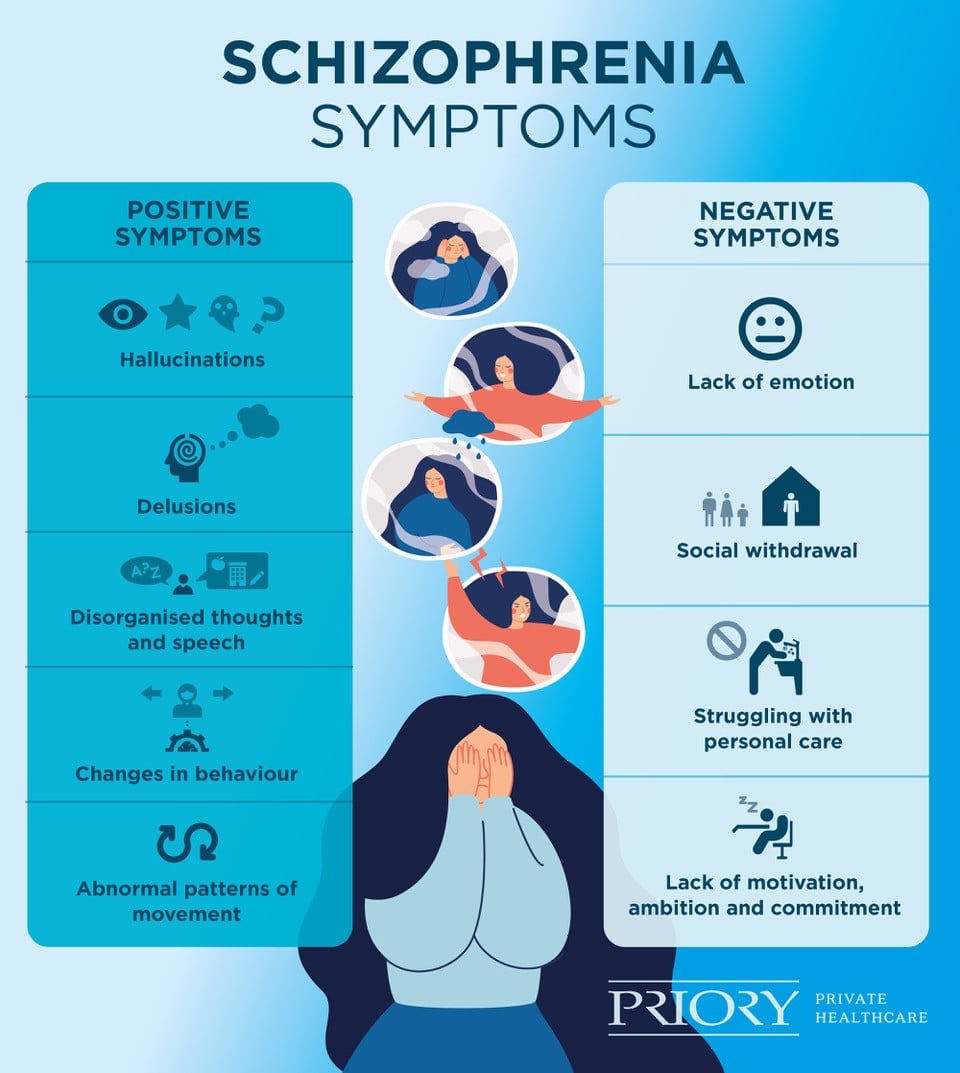How to help someone with schizophrenia
If you are caring for or supporting someone with schizophrenia, there are many resources online which can help you understand what your friend or family member is going through, and how you can work towards feeling more confident in offering advice and support.
Friends, family, partners and companions are some of the most vital people in a person's care network and their support can make a relapse less likely.
Here are some general tips which can help someone with the condition manage their symptoms:
Try not to argue or raise your voice
When someone is experiencing positive symptoms or psychosis during an episode of schizophrenia, it can be hard not to try to correct or challenge some of their beliefs or thoughts which may seem strange to yourself.
It is important to remember that the world through their eyes is absolutely real for them, perhaps even scary and distressing. Confronting them on what they are experiencing and thinking may discourage them from communicating their thoughts with you or make them feel isolated and alone. This can create a barrier when you are trying to help someone work through their symptoms and experiences.
Ask how you can help
Due to the varying experiences a person can have when they have schizophrenia, it can be useful to simply ask them how you can help them with their symptoms. Some people with the condition may simply want to work through their delusions and hallucinations and have someone with them who understands what they are going through, or they may even want you to help them get professional medical help such as that offered at Priory.
Look out for signs of depression
Schizophrenia is one of the most distressing mental health conditions to cope with, particularly due to its long-term nature. Schizophrenia is often associated with depression which, if not recognised and treated, may lead to suicidal thoughts. It is important that symptoms of depression are treated as seriously as the schizophrenia itself.
Finally, it is important for the people in a person's support network to be mindful that over half of people with schizophrenia can be helped to get better and about 1 in 4 people recover completely.
Schizophrenia is often a misunderstood mental health condition, but with the right support and treatment, someone struggling with schizophrenia can manage their condition and symptoms, and live the life they deserve.







